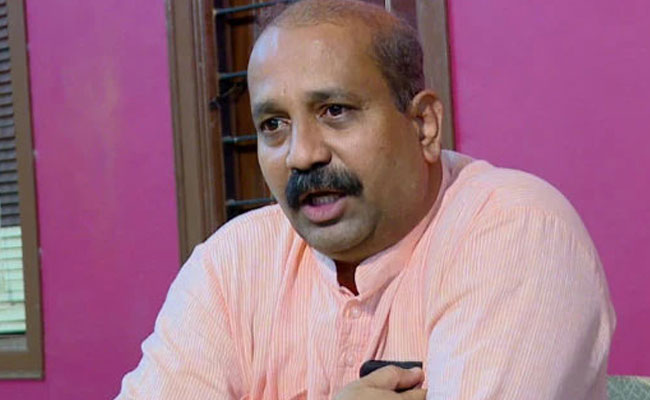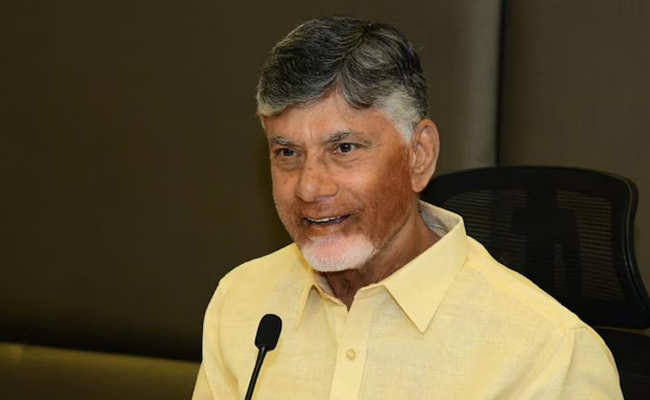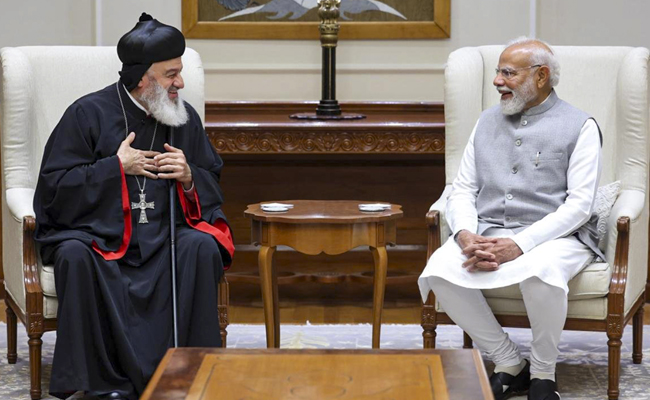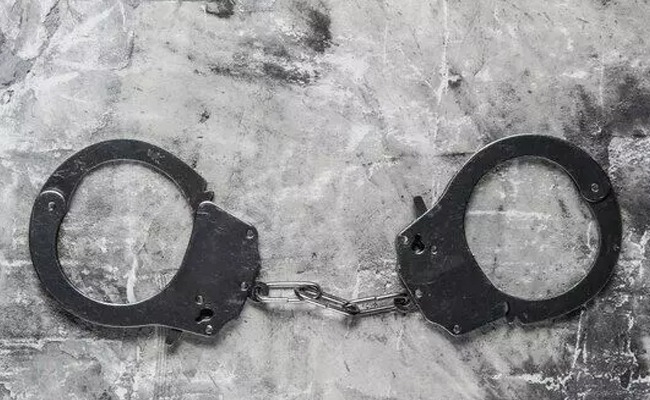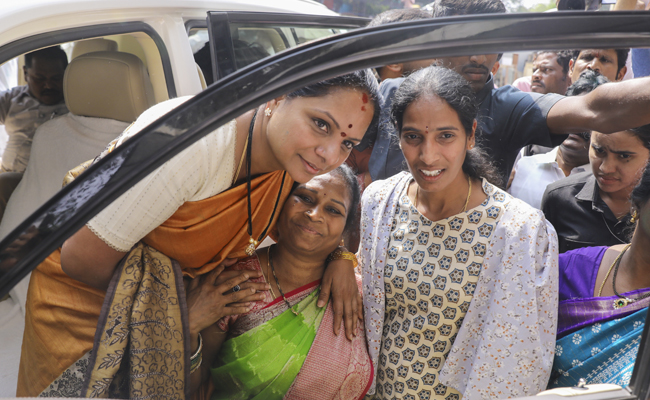Udupi: In a surprising move, the Bharatiya Janata Party (BJP) has dropped Raghupathi Bhat, a prominent leader in Coastal Karnataka, from its list of candidates for the upcoming Karnataka elections. Bhat, who is the MLA for the Udupi constituency, had played a key role in the controversial Hijab row in his constituency.
The decision to drop Bhat from the list of candidates has surprised many, as he was seen as one of the contenders for the party’s ticket from the constituency. Bhat's removal has also raised questions about the party's strategy and approach toward the upcoming elections.
While Bhat's role in the Hijab row has been a topic of discussion. The BJP has not given any official reason for his removal.
Bhat's involvement in the Hijab row had sparked widespread protests in the Udupi region. Bhat, who was the President of the college development committee at the Women’s Government PU College, Udupi where the Hijab issue first began, had sought the case to be handed over to the National Investigation Agency (NIA) in the protests.
It is worth noting that Bhat has been replaced by Yashpal Suvarna as the BJP candidate in the Udupi constituency.
Yashpal Suvarna is one of the staunchest supporters of Hindutva ideology and had made controversial remarks against protesters in the Hijab row. He went on to call the protesters and petitioners of the Hijab row ‘terrorists’. He was also the vice president of the college committee at the Women’s Government PU College during the Hijab row.
Apart from his role in the Hijab issue, Suvarna was also one of the main accused in the infamous 2005 Adiudupi lynching of a father-son duo alleging cattle transport. He was later acquitted in the case.
Suvarna belongs to the Mogaveera community which holds a major vote share in the district. He has emerged as one of the staunchest supporters of Hindutva in Coastal Karnataka. The move of the BJP is being seen as an attempt to further its Hindutva agenda by fielding supporters of Hindutva.
The Karnataka elections are expected to be closely contested, with the BJP and the opposition parties vying for the support of the voters.
The BJP is hoping to win a majority of the seats in the region and form the next government in Karnataka. Bhat's removal from the list of candidates has thrown a curveball in the party's election strategy, and it remains to be seen how this decision will impact the party's prospects in the upcoming elections.
Let the Truth be known. If you read VB and like VB, please be a VB Supporter and Help us deliver the Truth to one and all.
Amaravati (PTI): Andhra Pradesh Chief Minister N Chandrababu Naidu on Friday said his government will ensure housing for all the poor before 2029 and allocate housing plots for those who do not own land.
Addressing the Assembly, the Chief Minister urged eligible beneficiaries who have not received a house to apply, assuring that both the central and state governments would take the responsibility for providing housing to all.
“We will not only build houses for all the poor before 2029 but also provide housing plots to landless people,” said Naidu, adding that the government intends to build houses for all the poor.
Noting that the state government aims to allot housing plots to all before 2029, Naidu said it will build apartments if housing plots were not available.
Ahead of Ugadi festival in 2026, the CM said the government will organise three lakh house warming ceremonies under welfare housing, vowing to organise 10 lakh such events within 2026.
On agriculture, Naidu said the southern state accounts for 10 percent of agricultural production at the national level.
He outlined a five-pronged approach of water security, demand-driven crops, food processing, marketing and government support to develop agriculture.
In fiscal 2025 – 26, the CM said Rs 13,772 crore has been earmarked for free power to agriculture, and a financial aid of Rs 20,000 per annum is being given to farmers under Annadata Sukhibava welfare scheme.
According to him, only Rs 7,500 was given to farmers during the previous YSRCP regime. He highlighted that the TDP-led NDA government is offering more than double that amount.
The TDP supremo also announced plans to expand AI agronomist and farm mechanisation services on a large-scale.
Noting that Rs 14,230 crore investments have flowed into the food processing sector, Naidu said the government is concentrating on this front.
Observing that 15 lakh acres are under natural farming in 8,168 villages, he said the target is to expand it to 50 lakh acres.
Besides setting up a large cocoa city near Eluru, he said the government will provide power at Rs 1.5 per unit to aquaculture, among other initiatives.
Assuring continued support, Naidu said his government would stand by farmers in all circumstances and also extend assistance to tenant farmers.
Meanwhile, Irrigation Minister N Rama Naidu informed the House that water would be supplied up to Anakapalli by June 2026 through Polavaram left main canal.
He also said that the government has allocated Rs 600 crore in FY27 budget for Sujala Sravanti project in North Andhra.
The House was later adjourned till Wednesday, March 4.

